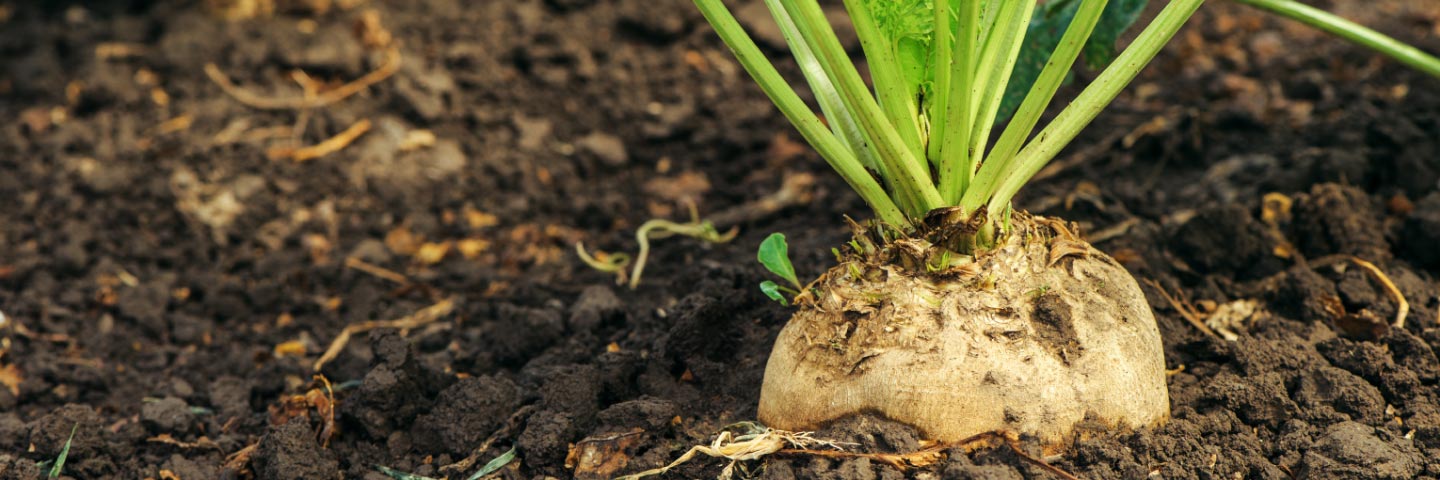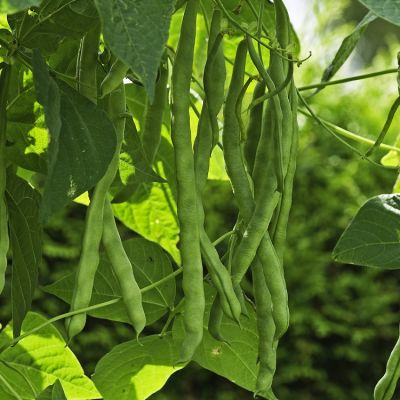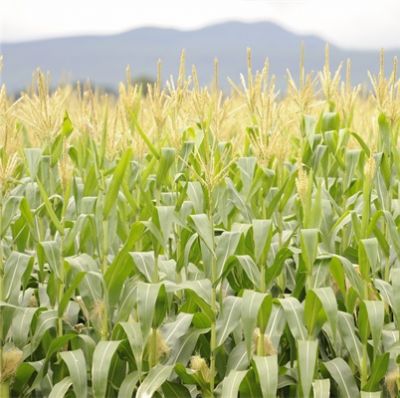Toggle Nav 

Search
Our Sites
Visit our other sites
-
Fapas - Proficiency Testing
Globally recognised provider of proficiency tests, running over 400 tests annually across an extensive range of matrices and analytes
-
Great Crested Newts Testing
A single sample taken by an ecologist at any time during the newt breeding season can determine their presence or absence, saving you time and money

What test do I need?
If you are unsure what kind of tests you need, we can help you diagnose your crop using our plant diagnosis techniques.
-
 Bean blight seed test - Xanthomonas axonopodis pv. phaseoli (5,000 seeds)Xanthomonas axonopodis pv. phaseoli, more commonly known as Bean Blight. It produces similar symptoms on leaves, pods, stems and seeds.
Bean blight seed test - Xanthomonas axonopodis pv. phaseoli (5,000 seeds)Xanthomonas axonopodis pv. phaseoli, more commonly known as Bean Blight. It produces similar symptoms on leaves, pods, stems and seeds. -
 Halo blight seed test - Pseudomonas savastanoi pv. phaseolicola - bean (5,000 seeds)Pseudomonas savastanoi pv. phaseolicola, is a pathogenic bacterium responsible for Halo Blight in a range of bean species.
Halo blight seed test - Pseudomonas savastanoi pv. phaseolicola - bean (5,000 seeds)Pseudomonas savastanoi pv. phaseolicola, is a pathogenic bacterium responsible for Halo Blight in a range of bean species. -
 Pantoea stewartii subsp. stewartii - maize seeds (400 seeds)Test for bacterial wilt caused by the bacterium Pantoea stewartii in Maize seeds.
Pantoea stewartii subsp. stewartii - maize seeds (400 seeds)Test for bacterial wilt caused by the bacterium Pantoea stewartii in Maize seeds. -
 Diagnose My PlantWe understand that every case is different and often you may not know the likely cause of the problem you have found is. For these cases we offer an examination of your sample to assess the most probable cause.
Diagnose My PlantWe understand that every case is different and often you may not know the likely cause of the problem you have found is. For these cases we offer an examination of your sample to assess the most probable cause. -
 Fatty acid profiling (Bacterial culture identification)Fatty Acid Profiling (FAP) is used to identify bacterial isolates and is accredited to UKAS ISO17025 standards. The profiles generated are compared against commercially available FAP libraries as well as our own in-house libraries generated using isolates from the National Collection of Plant Pathogenic Bacteria (NCPPB).
Fatty acid profiling (Bacterial culture identification)Fatty Acid Profiling (FAP) is used to identify bacterial isolates and is accredited to UKAS ISO17025 standards. The profiles generated are compared against commercially available FAP libraries as well as our own in-house libraries generated using isolates from the National Collection of Plant Pathogenic Bacteria (NCPPB). -
 DNA Sequencing (Bacterial culture identification)DNA sequencing of 16S rDNA or housekeeping genes can be performed to identify bacterial isolates to a species or pathovar level. Testing can be performed on fresh isolates sent in to our labs or as an additional service to identify bacteria isolated from a sample sent in for testing.
DNA Sequencing (Bacterial culture identification)DNA sequencing of 16S rDNA or housekeeping genes can be performed to identify bacterial isolates to a species or pathovar level. Testing can be performed on fresh isolates sent in to our labs or as an additional service to identify bacteria isolated from a sample sent in for testing. -
 Pea bacterial blight - Pseudomonas syringae pv. pisi - Pea seed (5,000 seeds)Test for Pseudomonas syringae pv. pisi, more commonly known as pea bacterial blight. Infection causes water-soaked spots which may coalesce into larger lesions.
Pea bacterial blight - Pseudomonas syringae pv. pisi - Pea seed (5,000 seeds)Test for Pseudomonas syringae pv. pisi, more commonly known as pea bacterial blight. Infection causes water-soaked spots which may coalesce into larger lesions.

Copyright © 2025 Fera Science Limited (“Fera”). All rights reserved.
Registered Office: York BioTech Campus, Sand Hutton, York, YO41 1LZ. Registered in England & Wales, No 9413107. VAT Registration ID: GB 456401013
For further information about how Fera uses any personal data collected from you, please see our Privacy Notice at www.fera.co.uk/privacy-policy.
For further information about how Fera uses any personal data collected from you, please see our Privacy Notice at www.fera.co.uk/privacy-policy.

